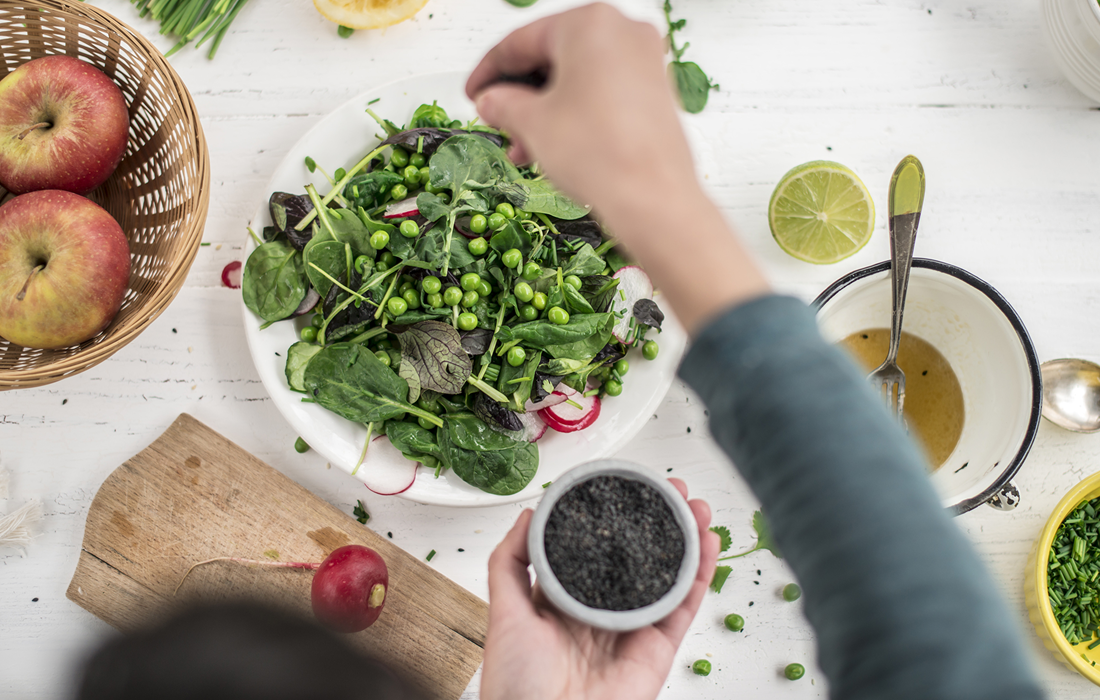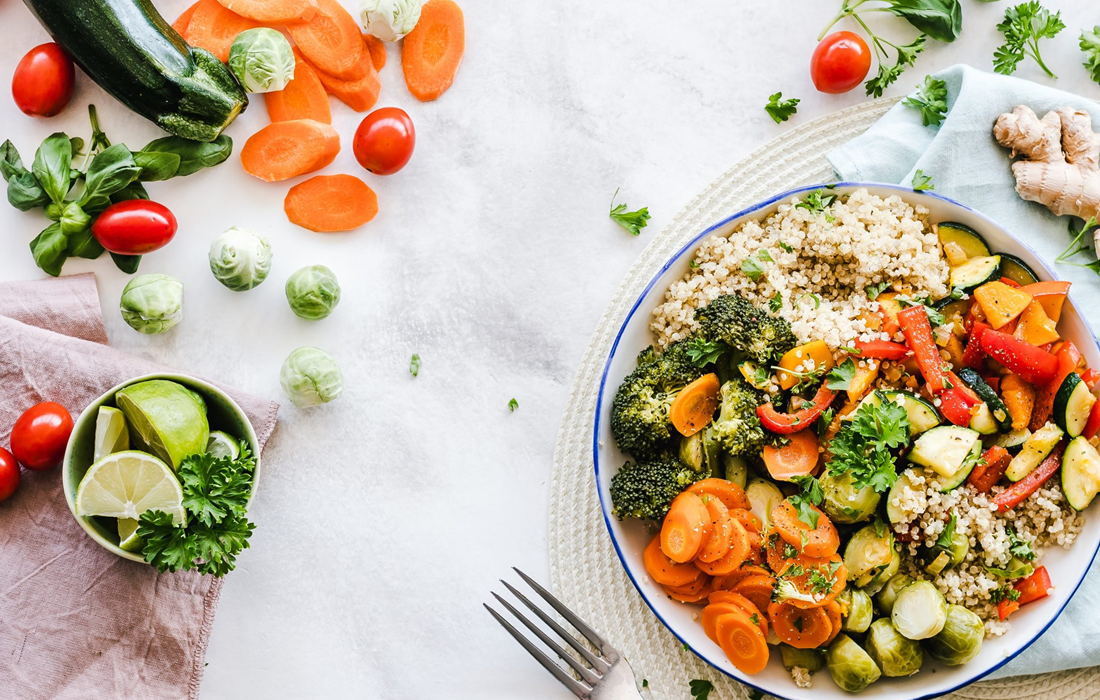Nutrition is the science of food and its effects on health. Nutrition benefits all organisms from plants to animals, nutrient deficiency can lead to malnutrition or disease. There is a wide range of nutrients in our bodies including proteins, carbohydrates, fats (lipids), vitamins such as vitamin D or B-12, and minerals such as iron or zinc. With good nutrition pairing, the body can use these nutrients to build and repair tissues, perform numerous functions and produce energy.
Here are some best Nutrition Pairing tips that you should keep in mind:
1. Combine fruits and vegetables in meals
Combining fruits and vegetables with whole grain foods can aid in weight management and cardiovascular health; however, many people do not consume the recommended amount of fruit and vegetables daily. Fruits and vegetables contain potassium and often low-fat dairy foods and lean meat or poultry are sources of potassium. A diet rich in fruits, vegetables, lean meats, and whole grains may help reduce high blood pressure and the risk of stroke. Adequate intakes of magnesium reduce the risk of type 2 diabetes by aiding the body’s use of glucose, the primary source of energy for the body’s cells.

2. Spice it up!
Many spices can be used for improving taste, benefiting health aside from just being a cooking ingredient. Some spices can help promote the normalization of blood pressure and aid in the prevention of cardiovascular disease. Some spices can be used to help reduce the risk of cataracts which is a common eye problem that affects more than twenty million Americans. Additionally, some spices can help prevent cancer, and some spices are even helpful in treating cancer.
3. Balance it up!
Foods that provide a balance of nutrients and phytochemicals have been shown to have benefits. Some foods such as dark green vegetables, beans, seeds, and nuts can help reduce the risk of chronic diseases such as heart disease and type 2 diabetes. These foods contain fruit and vegetable components that are beneficial for bone health, cancer prevention, improving brain function, and regulating the immune system.
4. Know your food!
Being aware of the foods that you eat can help you to make healthy eating decisions that will promote good nutrition. Fruits and vegetables contain carbohydrates, proteins, and fats. Some foods are good sources of protein and fat, such as nuts, seeds, fish, and avocados. However, most fruits and vegetables contain only carbs or fiber.

5. Drink more Water
Consuming 8-12 glasses of water a day may help prevent the development of some chronic diseases such as type 2 diabetes. Drinking water will also help your body to retain and use nutrients, maintain normal body weight and help prevent constipation.
6. Eat More Fiber
A diet with high fiber foods such as fruits, vegetables, and grains is essential for overall health, reducing the risk of coronary heart disease and some cancers.
The key to good nutrition is preparing and eating meals that are balanced and healthy. Nutrition is important to all people, but especially to those that are following a weight loss plan or have a chronic disease such as heart disease, type 2 diabetes or cancer. The key can be found in understanding food and taking note of the foods that you eat.

